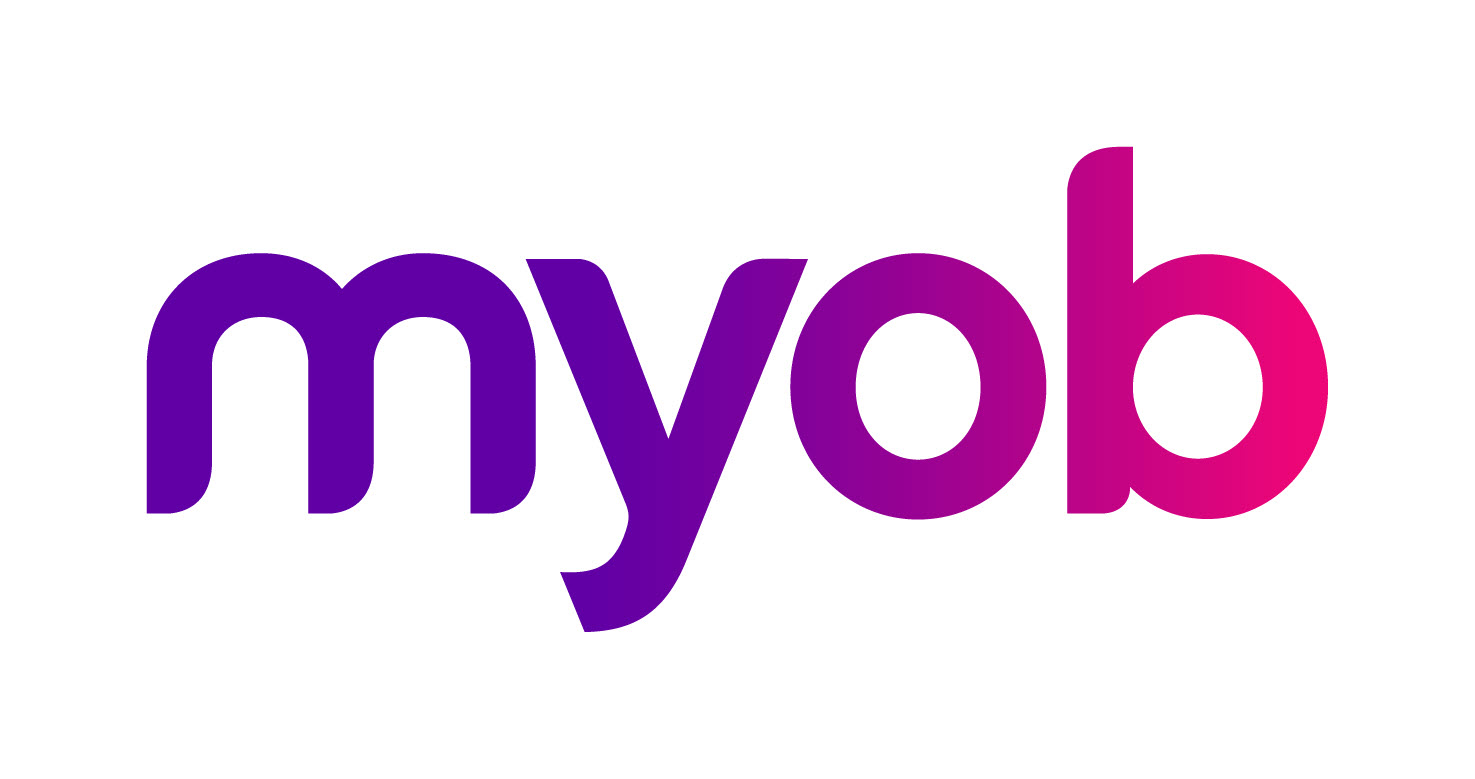Running a silent install
- Configuring custom InnoSetup installers to control all options
- Installing Exo Business silently without customising
- Notes on MSOLEDB Driver for Exo versions 2018.4 and later
- Notes on setting the INSTALL LOCATION
- Configuring connections for Exo Business
- Additional considerations for registry security
- Additional important folders
Configuring custom InnoSetup installers to control all options
Exo Business Implementation Partners have a guide to assist them with compiling their own custom InnoSetup installers. Either the Business Partner or Focus can recompile installers using the instructions in the Skunkworks board for Writing InnoSetup installers. This is likely to be especially important for sites that have their own tie in products to use.
Installing Exo Business silently without customising
The ClientInstall is an IT provider's best bet for easy deployments.
Notes on MSOLEDB Driver for Exo versions 2018.4 and later
The ClientInstall won't try to install the correct MSOLEDB driver that's needed for Exo/SQL after 2018.4 onto machines that are older than Windows 10.
For anyone trying to deploy to old machines, they may want to look into also bundling msoledbsql_18.3.0.0_x86.msi / msoledbsql_18.3.0.0_x64.msi with their installer.
Notes on setting the INSTALL LOCATION
The ExoClientInstall.exe is a pretty simple InnoSetup installer, this means that the full help for its commandline parameters is online at: https://jrsoftware.org/ishelp/index.php?topic=setupcmdline
Running with /SILENT works, although it may cause an error. /VERYSILENT would probably work without that. Or also including /SUPPRESSMSGBOXES so that it just has no chance of causing an error. For example:
- C:\Exo\Temp\ExoClientInstall.exe /silent
The ClientInstaller requires the following key so that it knows where to install Exo to be present in the registry:
Computer\HKEY_LOCAL_MACHINE\SOFTWARE\WOW6432Node\Exonet\INSTALLPATH
The INSTALLPATH key should just be the folder location Exo will be installed to. For example:
- C:\Exo\Temp\InstallTest
Upgrade testing
If you're trying to run TEST versions alongside LIVE versions, here's the recommended syntax:
Normal Registry key/Exo location:
- Computer\HKEY_LOCAL_MACHINE\SOFTWARE\WOW6432Node\Exonet\INSTALLPATH = C:\Exo
When pushing out TEST installers for upgrade testing, change the registrykey:
- Computer\HKEY_LOCAL_MACHINE\SOFTWARE\WOW6432Node\Exonet\INSTALLPATH = C:\Exo\UpgTest
That way you can run the clientinstaller and it throws the upgrade testing version of Exo into the UpgTest folder.
Configuring connections for Exo Business
There are two broad types of connections in Exo.
The registry values below are consistent and can be copied. The easiest way to get the value for an individual client site is to Copy the Key.
Connections specific to individual users.
These can be edited by users without admin rights. You might use these if you want to have databases that are only visible to specific users.
These are pathed at:
- Computer\HKEY_CURRENT_USER\Software\Exonet6\ConnectionInfo\
Connections for the machineRead-only: machine connections
These show as read only unless you run Exo as an administrator. In general, central deployments probably want to use the READ ONLY version.
These are pathed at:
- Computer\HKEY_LOCAL_MACHINE\SOFTWARE\WOW6432Node\Exonet6\ConnectionInfo
Why are there two kinds of keys?
You might note, there are actually 2 kinds of keys listed:
- Simple keys with a single row REG_SZ keys:
- Computer\HKEY_LOCAL_MACHINE\SOFTWARE\WOW6432Node\Exonet6\ConnectionInfo\ individualkeyhere.
- Complex keys containing their own subkeys
- Computer\HKEY_LOCAL_MACHINE\SOFTWARE\WOW6432Node\Exonet6\ConnectionInfo\CONNECTION1\ lots of keys here.
Additional considerations for registry security
Exo depends on the ability to edit registry settings to store a large amount of settings information for users. Consequently, you will experience a range of errors if users do not have access to edit the following KEY paths and all subkeys of them:
- Computer\HKEY_CURRENT_USER\Software\Exonet
- Computer\HKEY_CURRENT_USER\Software\Exonet6
Additional important folders
In addition to the folders configured inside Exo Business (Documents, Temp, Clarity) which affect how Exo Business processes information, there are 2 additional locations that are used by Exo Business to store information.
EUREKA Logging Location for Exo (Error reports)
These are stored in the User's profile, pathed via APPDATA, this means they may either be in LOCAL or ROAMING depending on the User's domain profile:
- %AppData%\MYOB\Exo Business\EurekaLog\Bug Reports\
These are EXTREMELY useful to MYOB Support (And somewhat useful to Exo consultants) because they contain full error reports for every error Exo records.
CLARITY (Reporting) designer information, including the standard preview settings
These are stored in the Local AppData for a User's Profile, pathed via LOCALAPPDATA:
- %LocalAppData%\RBuilder
If this path is not editable/writable by users, then they might have difficulty using reports, because Clarity can't store it's preference information. It is strongly recommended that this location be editable.
